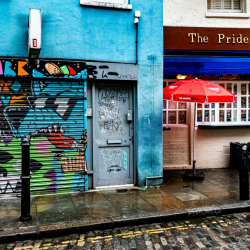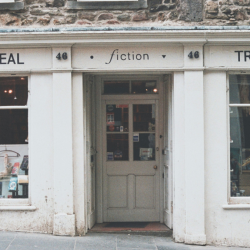The flight to online caused by COVID-19, and the subsequent decimation of the high street through the failure of Debenhams and Arcadia among others, has seen the profits of large internet retailers soar.
As a result, the imbalance in fortunes between ecommerce giants and high-street retailers has grown even larger. The pressures of the coronavirus pandemic notwithstanding, bricks and mortar stores were already at a disadvantage with extra costs and more difficult logistics. Now, the UK Government is looking at ways to level the playing field.
In February 2021, Chancellor Rishi Sunak is said to be re-examining a potential online sales tax that could go some way to making up for the inequality faced by physical retail. Tesco has joined the call for such a tax, suggesting that a levy of 2% could raise as much as £1.5bn. This could be used to supplement a cut in business rates for physical retailers.
However, it is not clear who would ultimately end up paying the price for this tax. Could the cost be passed on to consumers and if not, will it also unfairly penalise businesses that have both online and physical stores, cancelling out any proposed benefits? The idea was originally floated in summer 2020 and, at the time, a number of retailers and the British Retail Consortium objected, suggesting it would simply raise prices.
While pandemic restrictions and social distancing remain in place, the conditions will inevitably favour online retail to the detriment of bricks and mortar, with little the latter can do to redress the balance. However, when economies and high streets open up again, it will be interesting to see if it will be financial measures such as taxation, or marketing ones – brand building and customer experience – that can bring customers back in-store.
Featured image: Ilyas Tayfun Salci / Shutterstock.com































